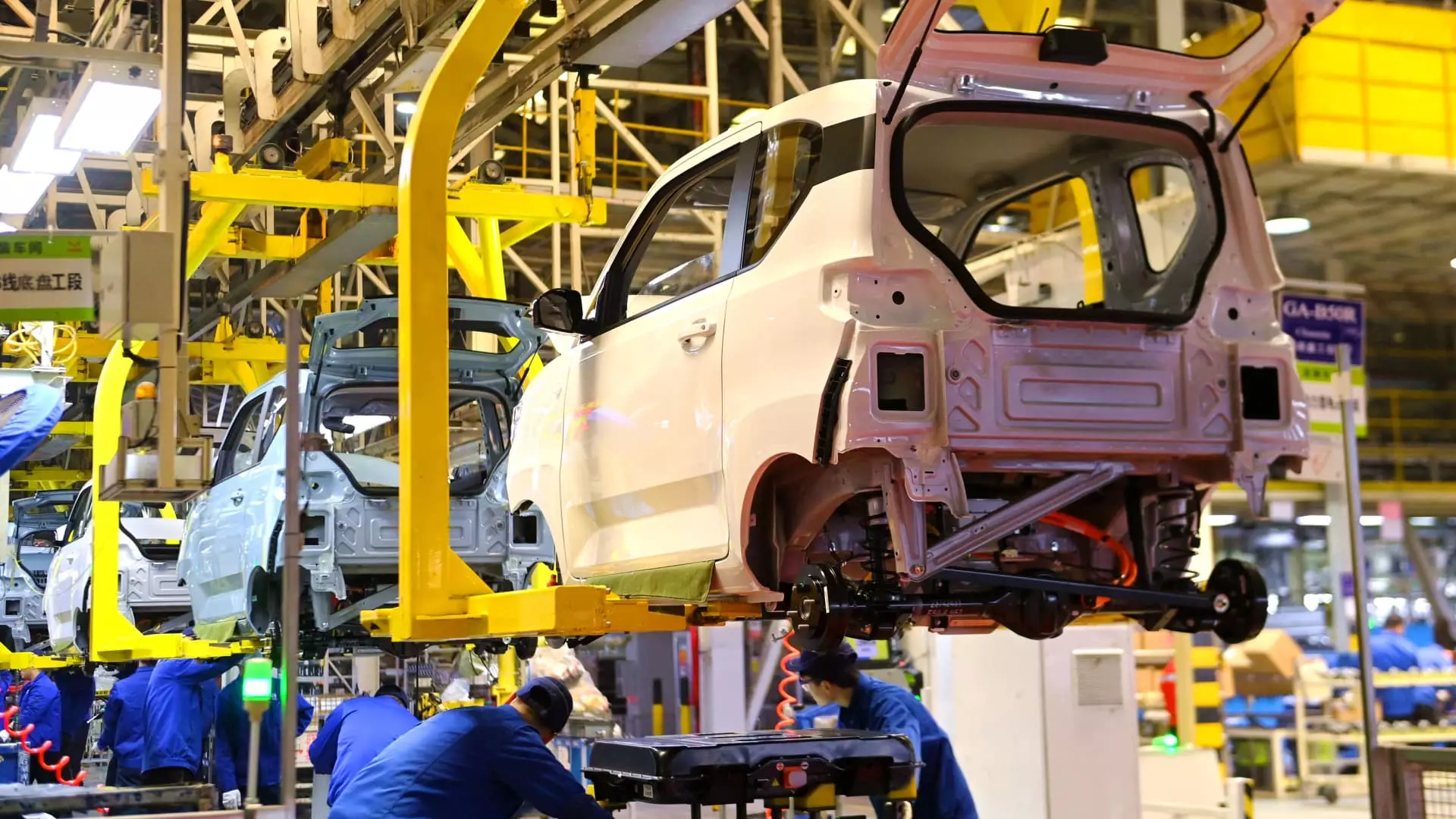China’s investment in its electric car industry has been substantial, with over $230.8 billion spent over a span of more than a decade. This massive government support amounts to 18.8% of total electric car sales between the years 2009 and 2023, as highlighted by Scott Kennedy, trustee chair in Chinese Business and Economics at the Center for Strategic and International Studies (CSIS). However, the ratio of government spending to electric vehicle sales has decreased from over 40% in the years leading up to 2017 to slightly above 11% in 2023.
Comparison to Western Support
Kennedy pointed out that the Chinese government’s support for the electric car industry has not only been financial but also included non-monetary policies that favored domestic automakers over foreign competitors. In contrast, he noted that the United States has not provided as attractive conditions for the development of its own electric car industry. This lack of aggressive action by Western automakers and governments has put them at a disadvantage compared to their Chinese counterparts.
Despite China’s extensive government support and market growth for electric vehicle companies, the profits have not seen a significant boost. Kennedy highlighted the fact that Chinese EV makers have made impressive progress but are yet to achieve substantial profitability. The industry has been facing challenges such as a sharp gap between supply and demand, leading to a need for potential industry consolidation in the future.
Financial analysis from CLSA revealed that BYD’s net profit per car has declined to $739, while Tesla’s stands at $2,919. The electric car industry has witnessed an intense price war, with companies cutting prices and introducing lower-priced product lines to remain competitive. Even Chinese electric car startup Nio, operating at a loss, anticipates a market shakeup with only 20 to 30 players succeeding out of approximately 40.
While China has been a frontrunner in supporting its electric car industry, the United States has also stepped up its efforts. The Inflation Reduction Act, passed in August 2022, allocated $370 billion for clean technology promotion, including a $7,500 credit for qualifying electric car purchases. This contrasts with China’s average support per electric car purchase of $4,600 in 2023, down from $13,860 in 2018.
The impact of Chinese government support on the electric car industry has been significant, driving growth and innovation in the sector. However, challenges remain in terms of profitability and market competition. Western countries, particularly the United States, need to ramp up their efforts to remain competitive in the evolving landscape of electric vehicles. The future of the industry will depend on strategic investments, technological advancements, and effective policy measures to ensure sustainable growth and development.


Leave a Reply